Most eel eaten in Hong Kong sushi restaurants is from endangered species, study finds
- DNA analysis by University of Hong Kong finds nearly 90 per cent of eel served in 80 sushi restaurants is from endangered or critically endangered species
- The results reflect the same pattern observed in grocers and convenience stores in Hong Kong, study’s lead author says
Sushi restaurants are popular in Hong Kong, a city known for its vast food and beverage scene. But many diners may not realise they might be consuming an endangered species when they eat at one.
According to a study by researchers at the University of Hong Kong (HKU), almost 90 per cent of eel products sold at 80 randomly selected licensed sushi restaurants in the city come from critically endangered or endangered species.
The researchers used DNA analysis to examine eel products, including roasted eel and sushi, sold in the restaurants – all with permits obtained from the Food and Environmental Hygiene Department – between May and June 2020.
Almost 50 per cent of the samples were identified as critically endangered European eel (Anguilla anguilla), a species under threat due to overexploitation fuelled by increased demand from Asia, in particular China and Japan, where it is considered a delicacy and aphrodisiac.
European eel is listed on Appendix II of the Convention on International Trade in Endangered Species (Cites), requiring export permits and inspection upon arrival in Hong Kong, under the Protection of Endangered Species of Animals and Plants Ordinance.
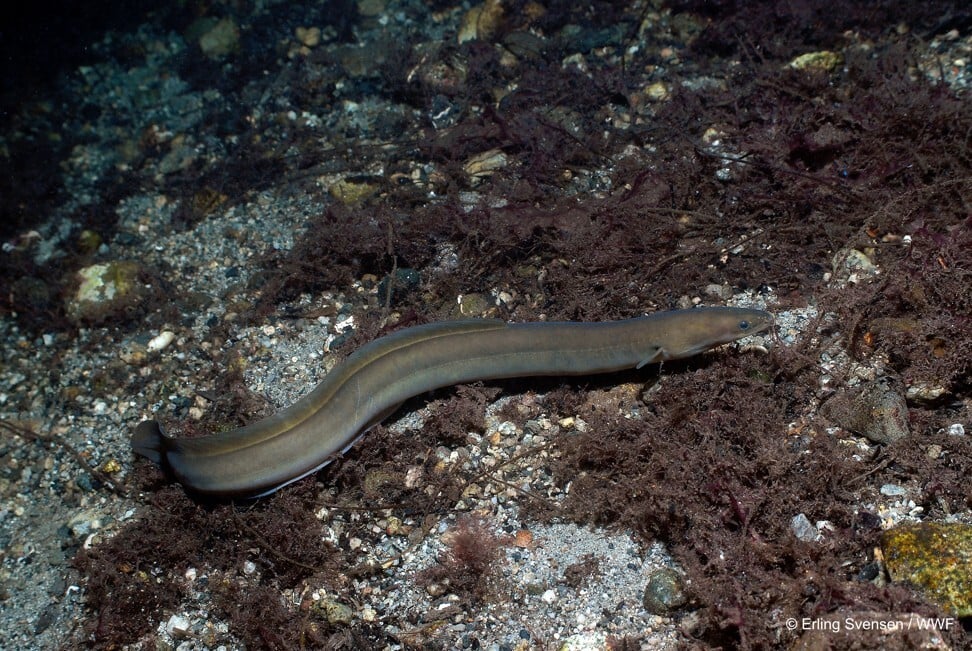
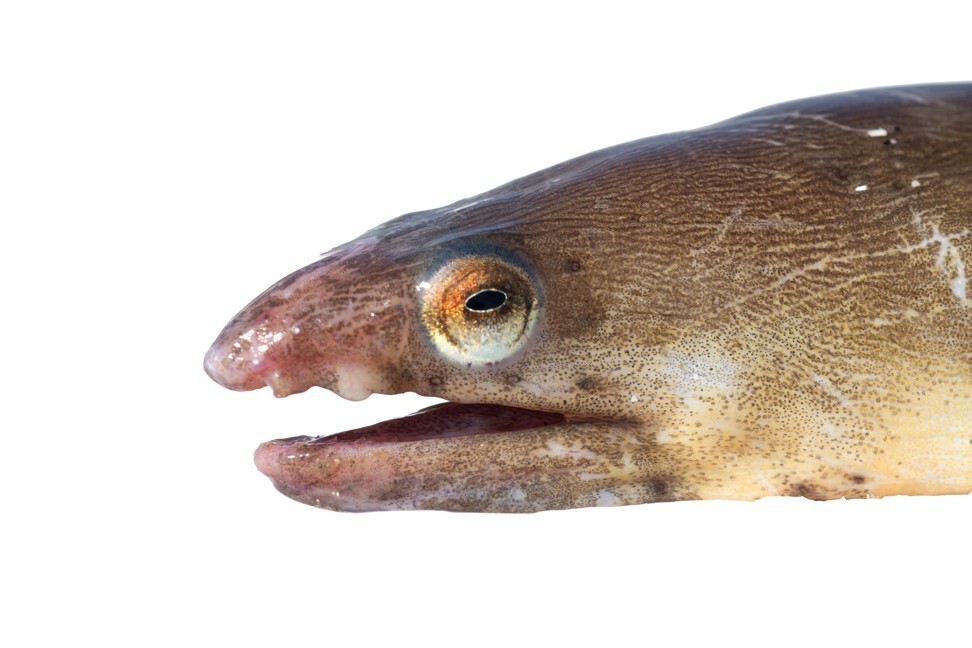
Of the 80 samples, 36 (45 per cent) were confirmed to be critically endangered European eel, while 29 samples (36 per cent) and five samples (6 per cent) were endangered American eel and Japanese eel, respectively.
WWF-HK says the results imply that illegal species exist in Hong Kong’s eel supply chains and it has called for urgent action to stop illegal wildlife trafficking. Hong Kong remains one of the largest hubs for the illegal wildlife trafficking industry, with
.It is now calling on businesses to stop selling endangered eels and to better monitor the legality and traceability of its eel supply chains.
It also wants the Hong Kong government to improve its commodity coding systems so more accurate figures on the eel trade can be collected.
In February this year,
that found thousands of species are traded legally through the city with inadequate traceability. At the core of the problem, it found, is a vague and broad code system used by customs officials globally to categorise species.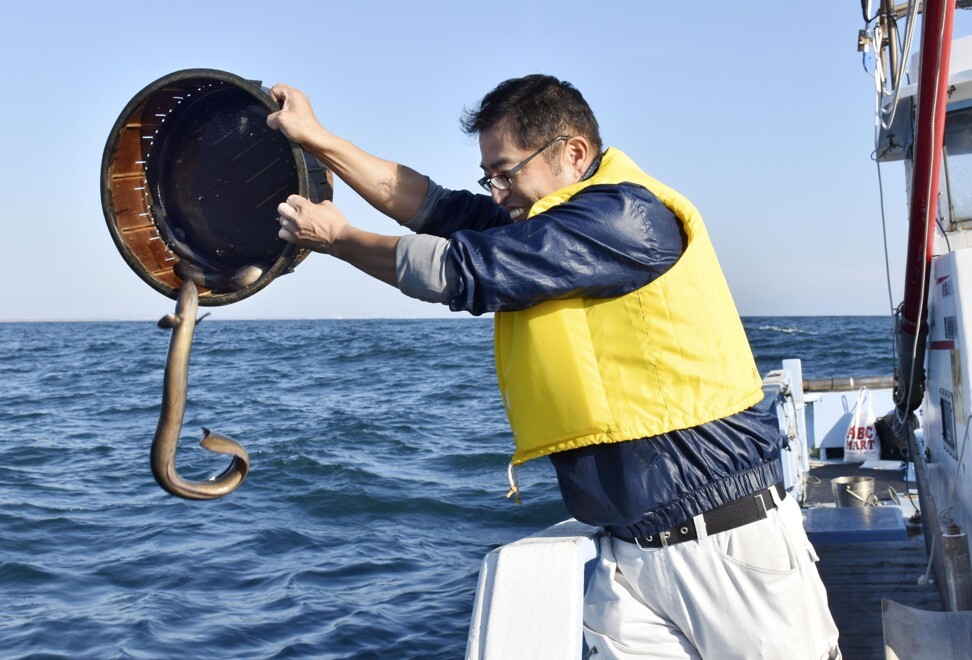
“The Hong Kong Harmonised System [HKHS] codes used for the eel trade are too general and only record products as Anguilla species commodities. However, those codes do not differentiate between the various Anguilla species and their life stages,” Jovy Chan, manager of wildlife conservation at WWF-HK, said.
“Thorough, specific and accurate trade data are crucial to facilitate and implement conservation action and policies for eel species. Apart from Cites-regulated European eels, some Asian countries/regions, for example the Philippines, Indonesia and Taiwan, have bans on the eel fry trade. The customs codes have a major role to play in gathering this data with regards to eel legality, traceability and sustainability issues.”
David Baker, from HKU’s Conservation Forensics laboratory and who led the eel study, says the results reflect the same pattern observed in other sectors of the retail markets, namely grocers and convenience stores.
“These different vendors are all linked to a limited number of suppliers,” says Baker. “Our hope is that working together with WWF, this evidence can lead to enhanced oversight at the distribution nodes, so that illegally sourced seafood products are not entering the market.”
Last year, HKU
that found almost half of retail eel products in Hong Kong supermarkets and convenience stores contained endangered European eels.Based on DNA testing and published in Science Advances, the study found that almost half (45 per cent) of retail eel products – ranging from fillets to snack items from supermarkets and convenience stores across all districts – were derived from the critically endangered European eel species. The products were labelled only as “eel”.
“Consumers have a right to know where their food is coming from and if it is sourced in ethical and sustainable ways,” Baker says. “This issue is not limited to eels.”

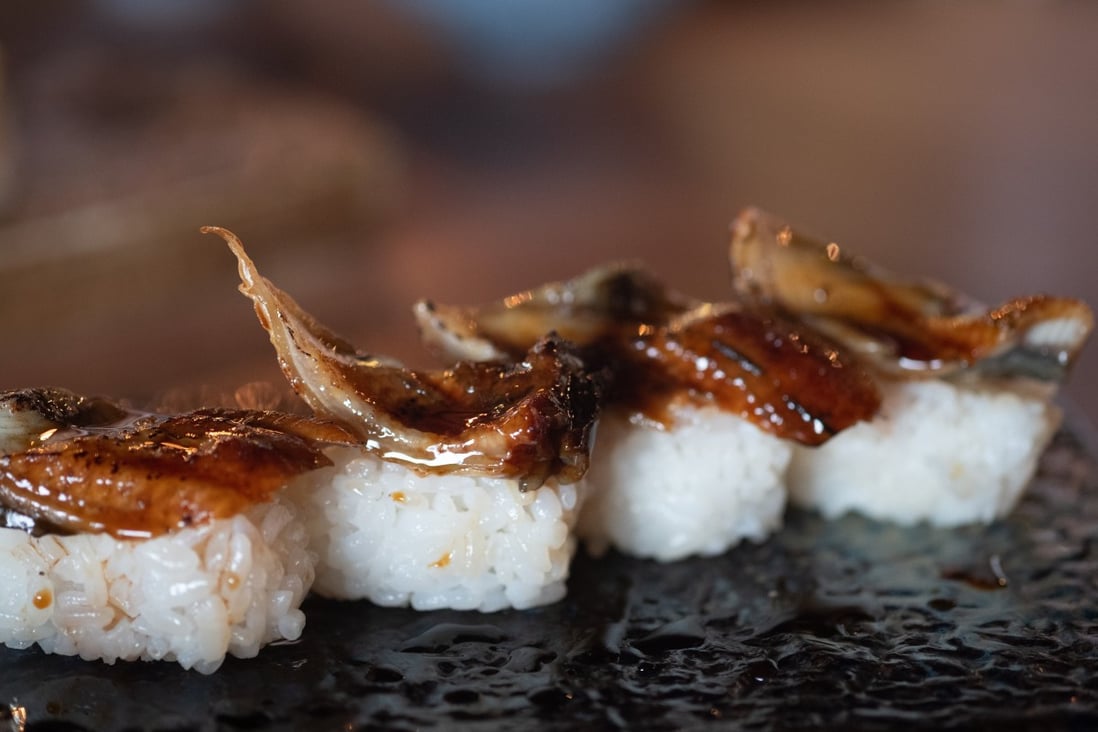
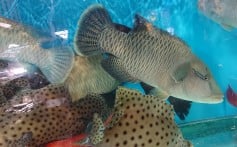
No comments:
Post a Comment